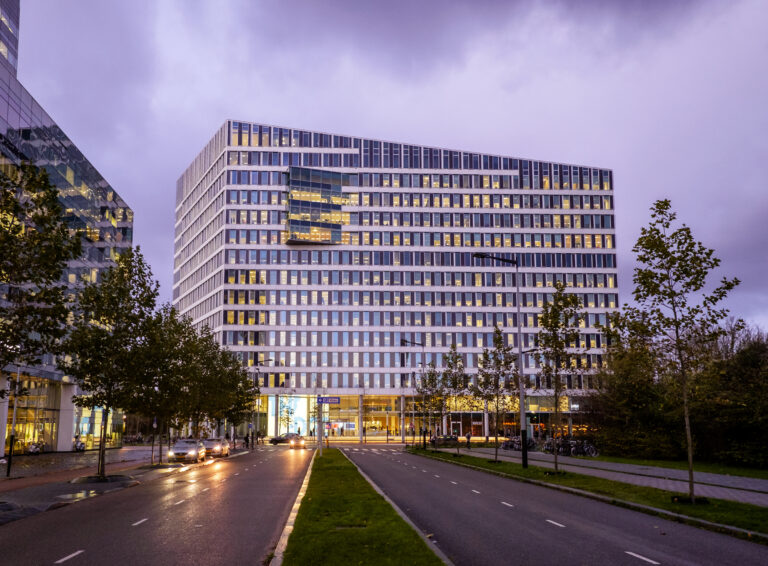The emergence of the Internet of Things (IoT) marks a new era in building management. IoT technologies offer numerous possibilities to improve the management of commercial, industrial, and residential buildings. They revolutionize our living and working spaces and play a crucial role in optimizing energy efficiency, reducing operational costs, and enhancing occupant comfort. IoT offers many benefits for real estate management. It allows for the modernization of buildings without extensive renovations by adding IoT sensors to existing systems.
Wireless IoT sensors are ideal in situations where wired connections are impossible. IoT centralizes data, making management and optimization easier. In short, IoT plays an essential role in transforming buildings into smart, efficient, and sustainable structures, significantly impacting the modern real estate sector.
Benefits of IoT in Smart Buildings
The application of IoT in smart buildings offers numerous benefits that contribute to efficiency, cost savings, and an improved user experience. Below are some of the key benefits of IoT in smart buildings.
Intelligent Data Collection and Analysis
IoT devices, such as sensors and meters, collect and transmit data, communicating with systems like BMS (Building Management System), BOS (Building Operating System), BIS (Building Information System), and EMS (Energy Management System). They streamline functions such as data visualization, analysis, control, and prediction. This technology transforms traditional buildings into dynamic, intelligent structures that better respond to user needs and environmental issues.
Improved Energy Management and Air Quality
Examples of IoT applications in buildings include temperature sensors, electricity meters, occupancy sensors, VOC (Volatile Organic Compound) sensors, and brightness sensors. These sensors measure and control various aspects of the built environment, contributing to improved energy management, air quality, and thermal comfort. The collected data is sent via gateways to a central platform for further analysis and control.
Predictive Maintenance and Regulatory Compliance
IoT enables detailed monitoring of energy consumption, helping building managers identify and prioritize energy-saving measures. Additionally, IoT facilitates regulatory compliance and supports predictive maintenance, reducing maintenance costs and preventing failures. This increases the reliability and efficiency of building management systems.
Connectivity and Hardware Solutions for Smart Buildings
In the smart building sector, the choice of connectivity and hardware solutions is vital. For advanced applications such as integrated building management systems and real-time monitoring of energy consumption, high data consumption options with M2M communication based on 4G/5G networks are essential. These powerful connections provide the speed and capacity needed for complex smart building operations.
For applications with lower data consumption, such as monitoring environmental conditions through sensors, LTE-M and NB-IOT are suitable options. These energy-efficient connectivity options provide a reliable connection for more basic smart building functions while keeping operational costs low. A gateway can be deployed to provide a stable connection for the various IoT devices in a smart building. These gateways act as central hubs, collecting data from various sensors and devices and forwarding it to central management systems. This combination of connectivity and hardware solutions is crucial for maximizing the efficiency and functionality of smart buildings.
Request our testkit
Need reliable IoT SIM cards? Request our test kit for 3 free SIMs with 100 MB data for 3 months. Experience seamless IoT connectivity today.
Download our brochure
Looking for a reliable IoT partner? Download our brochure for instant access to valuable insights about our services and IoT solutions.
